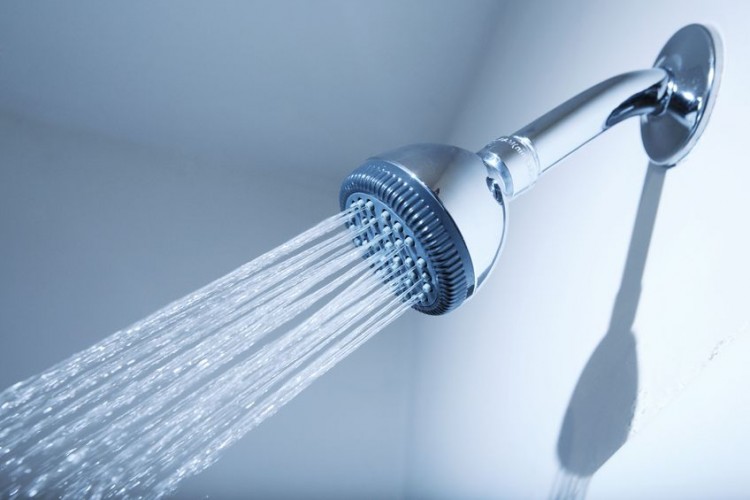Different Types of Water and how they affect your Hair
When it comes to hair care, not everyone is aware that the type of water they wash it in will have a direct effect on its appearance and overall behavior. For example, hair that is washed in soft water may look and feel completely different to hair washed in an area where the water supply is classified as hard. Below are ways to determine what type of water you are using and how it could affect your hair.
Hard Water
This type of water can be found in large parts of the U.S. and it contains excessively high amounts of magnesium and calcium deposits. If you find that your hair seems to be dull, dry and overly frizzy, the main culprit could in fact be the hard water it is being washed in. You may notice that your scalp is dry, flaky and itchy if you live in a hard water area as well. Over time, your hair will also become extremely thin, rough and more prone to breakage and falling out as the hard water strips essential nutrients from your hair. Your water can be classified as hard if you struggle to get your shower gel or shampoo to lather.
Dealing with Hard Water
If you are unfortunate enough to live in a hard water area, you will need to replenish your hair’s natural moisture as often as possible. This can be done by using shampoos that have been proven to hydrate the hair, and an important ingredient to look for is EDTA, as this will not only rehydrate your hair; it will help dissolve the mineral deposits that may have already accumulated on the hair shaft. It is recommended that you follow up with a good quality conditioner product as well.
Soft Water
As its name implies, soft water feels soft on the skin, and its low calcium and magnesium content can cause it to make your skin and hair feel slimy over time. If you are struggling to control your hair because it is too limp or it lacks sufficient body, you are most likely living in a soft water area. One of the main advantages of being in a soft water area though, is that your shampoo will lather a lot more, so you will be able to use less of it to get your hair clean in most cases.
Coping with a Soft Water Supply
One of the best ways to counter the effects of soft water on your hair is to ensure that you use a volumizing product on it. You will also need to use shampoo and conditioner products that have been specifically formulated for a soft water supply, as this will help restore hair volume as well. However, you may not need to use conditioner each time you wash your hair, as it could result in it becoming greasy over time. If necessary, you can use a clarifying hair treatment once a week to every 10 days to help remove mineral buildup as well.
If you hair has become completely unmanageable over time, it would be a good idea to schedule an appointment with our salon today. Our stylists will be able to restore its natural beauty and provide you with recommendations pertaining to the products that will be most suitable for your hair.
